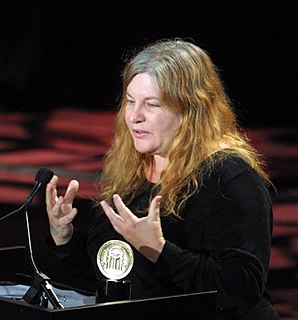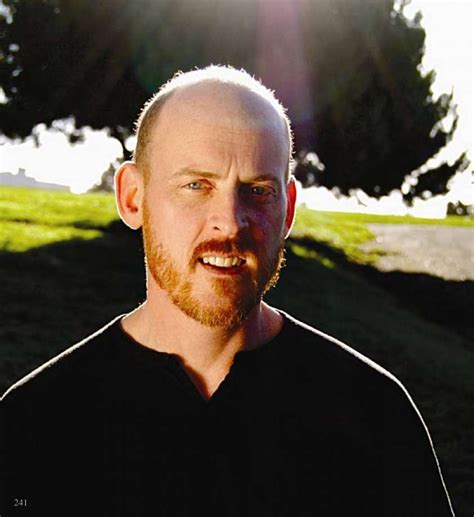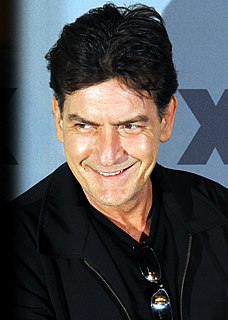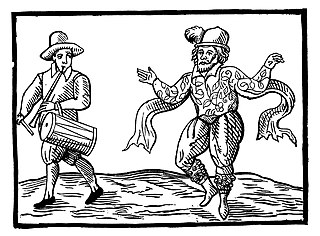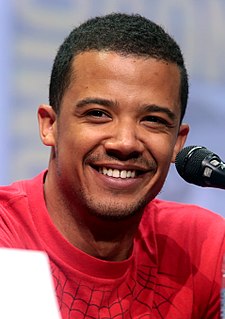A Quote by Sebastian Faulks
I have written millions of words about contemporary England - in journalism. Why don't I take it as the background for a novel? I may do one day. But the simple answer is that it does not excite the novelistic part of my brain; it does not fire it up.
Related Quotes
Anyone who does investigative journalism is not in it for the money. Investigative journalism by nature is the most work intensive kind of journalism you can take on. That's why you see less and less investigative journalism at newspapers and magazines. No matter what you're paid for it, you put in so many man-hours it's one of the least lucrative aspects of journalism you can take on.
I hope the next actress offered millions to play the 'fat girl for the day' stops to think about this before she signs the contract - even if just to ask, like any professional actress would in any other situation, 'Why does she weigh 350 pounds? And why me for the part?' If the director can't answer these questions, don't do the movie.
Why does man freeze to death trying to reach the North Pole? Why does man drive himself to suffer the steam and heat of the Amazon? Why does he stagger his mind with the mathematics of the sky? Once the question mark has arisen in the human brain the answer must be found, if it takes a hundred years. A thousand years.
The more readings a novel has, even contradictory, the better. In journalism, you talk about what you know; you have provided yourself with records, you have gathered information, you have performed interviews. In a novel, you talk about what you don't know, because the novel comes from the unconscious. They are very different relationships with words and with the world. In journalism, you talk about trees; in the novel, you try to talk about the forest.
My brain does like the idea of hosting a late-night show. My brain does like the idea of maybe having a show about me. So, I often pitch ideas and work on scripts and do that just because I may not be right about how I feel, so why not just do this, and if it happens and I got my own show, well maybe I would really end up falling in love with it.
We live in the Age of the Higher Brain, the cerebral cortex that has grown enormously over the last few millennia, overshadowing the ancient, instinctive lower brain. The cortex is often called the new brain, yet the old brain held sway in humans for millions of years, as it does today in most living things. The old brain can't conjure up ideas or read. But it does possess the power to feel and, above all, to be. It was the old brain that caused our forebears to sense the closeness of a mysterious presence everywhere in Nature.
Not a lot of contemporary fiction is written about brothers and sisters. Salinger's Franny and Zooey was an inspiration for me. In Franny and Zooey, the sister gets in trouble and the brother comes to help her out. But I wanted to make sure that in my novel the sister had more to do than lie around on a sofa muttering, which is what Franny does for two-thirds of Salinger's novel.
Most contemporary novels are not really "written." They obtain what reality they have largely from an accurate rendering of the noises that human beings currently make in their daily simple needs of communication; and what part of a novel is not composed of these noises consists of a prose which is no more alive than that of a competent newspaper writer or government official. A prose that is altogether alive demands something of the reader that the ordinary novel-reader is not prepared to give.
Let every woman ask herself: "Why am I the slave of man? Why is my brain said not to be the equal of his brain? Why is my work notpaid equally with his? Why must my body be controlled by my husband? Why may he take my labor in the household, giving me in exchange what he deems fit? Why may he take my children from me? Will them away while yet unborn?" Let every woman ask.


